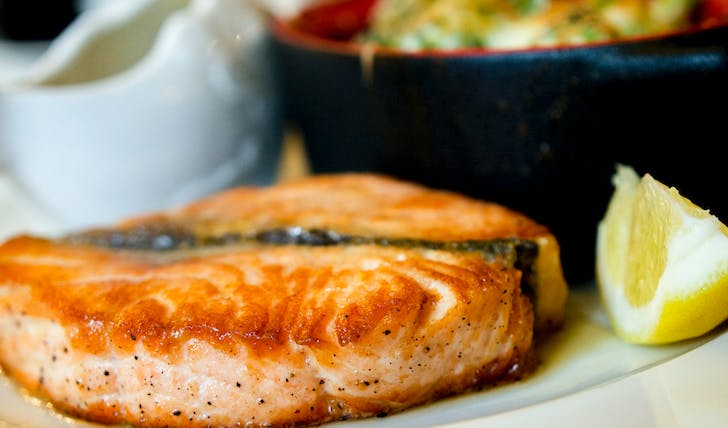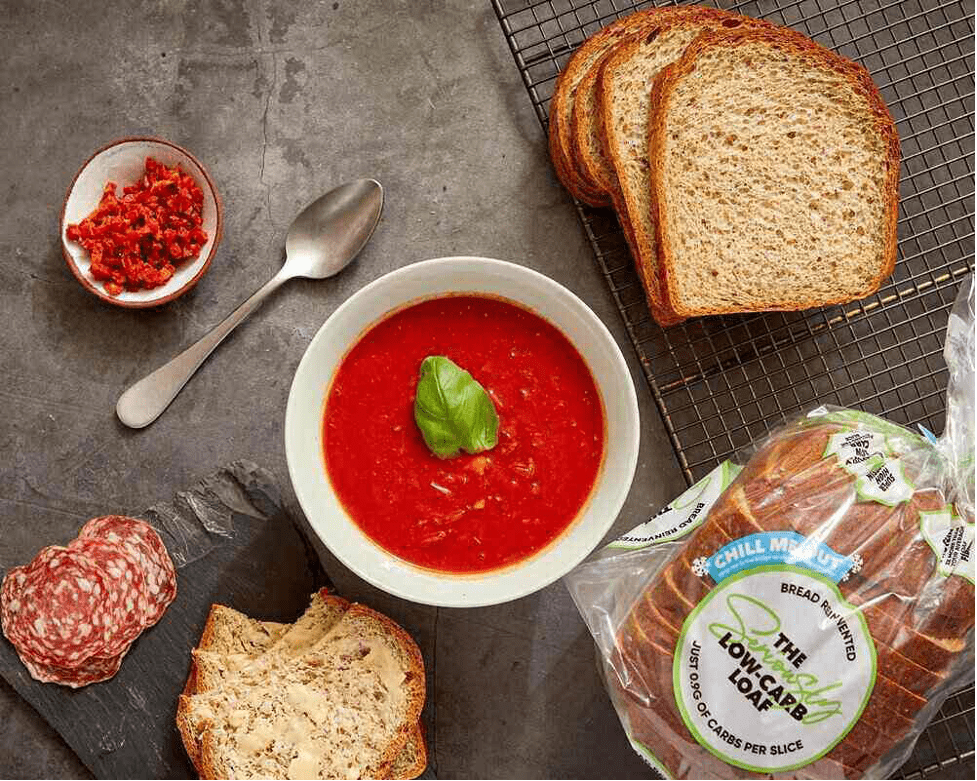In the hustle and bustle of our day-to-day lives, many of us reach for the quickest, most convenient food options to fuel our busy schedules. We have been taught that protein is a cornerstone of a healthy diet, crucial for building and repairing tissues, and a key component of a weight management or muscle-building regimen.
Yet, as we are bombarded with messages to pump up our protein intake, there is a lurking dietary devil in the details: Empty calories.
The Protein Craze: A Double-Edged Sword
The fitness and wellness industries have done a bang-up job at selling protein as the hero of nutrients - and they are not wrong. Protein is essential. However, the modern consumer's quest for protein might have us inadvertently loading up on empty calories.

Adrien / Pexels / The protein craze is a double-edged sword. It could be sabotaging your health goals.
"Empty calories" is not just a catchy phrase. It is a term that refers to foods and drinks that pack a lot of energy but little to no nutritional value. These calories come from added sugars and solid fats, and while they make food taste better and feel more satisfying, they do not offer the vitamins, minerals, fibers, or proteins your body needs to function optimally.
Protein Powders & Bars: A Shortcut With Detours
Protein bars and powders are convenient, no doubt. And they can be a boon for athletes, bodybuilders, and anyone struggling to meet their protein needs. However, not all protein-enriched products are created equal. Some are riddled with added sugars and fats, transforming what could be a healthy snack into a high-calorie treat.

Kris / Pexels / More often than not, proteins contain sugar, which can lead to weight gain.
So, it is like you are on a treasure hunt for protein. But along the way, you are picking up some unwanted hitchhikers in the form of empty calories. You are digging through a calorie-dense jungle, trying to find the protein temple. But often, you are just getting lost.
Meat Is Protein’s Favorite Disguise
Our collective protein obsession also has many of us turning to meat-heavy diets. Again, meat is an excellent protein source. But it can also be a significant source of unhealthy fats, particularly when we choose processed or red meats.
However, the problem is not meat itself. It is the quantity and the quality. A steak has protein, but it also has saturated fat. Bacon? Protein, yes, but also a whole lot of things that your doctor would not be thrilled about.
The Fast Food Protein Pit Stop: A Caloric Overload
Fast food chains have caught on to the protein hype. They offer up salads with crispy chicken, breakfast sandwiches stacked with sausage and bacon, and protein-packed smoothies that seem like a healthy choice until you look closer.

Darya / Pexels / Fast foods are often calorie-dense and nutritionally bankrupt. Meaning, they can lead to massive weight gain.
Think of it as taking a pit stop for gas and accidentally filling your car with a cocktail of fuel and sugar water. You would not want to do that to your car, so why do it to your body?
Balancing the Protein Scales Without Tipping the Caloric Bucket
Foods like lean meats, poultry, fish, legumes, nuts, and seeds are excellent choices. They pack a protein punch without all the unnecessary extras. Dairy products like Greek yogurt and cottage cheese also offer high protein content with other essential nutrients like calcium.
Similarly, tofu, lentils, and quinoa bring protein to the table along with fiber and complex carbs. Of course, minus the empty calories.







